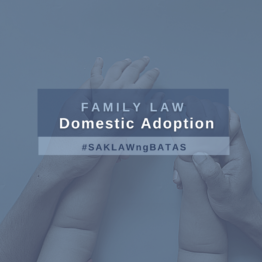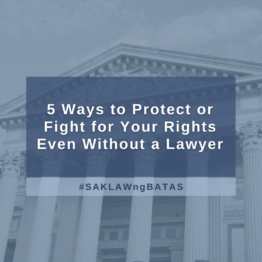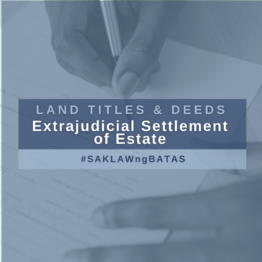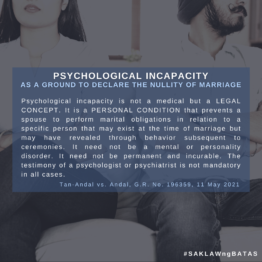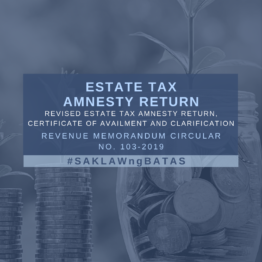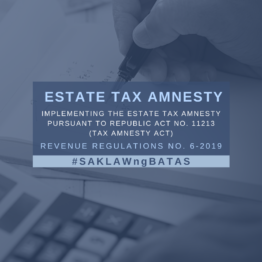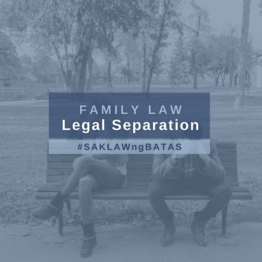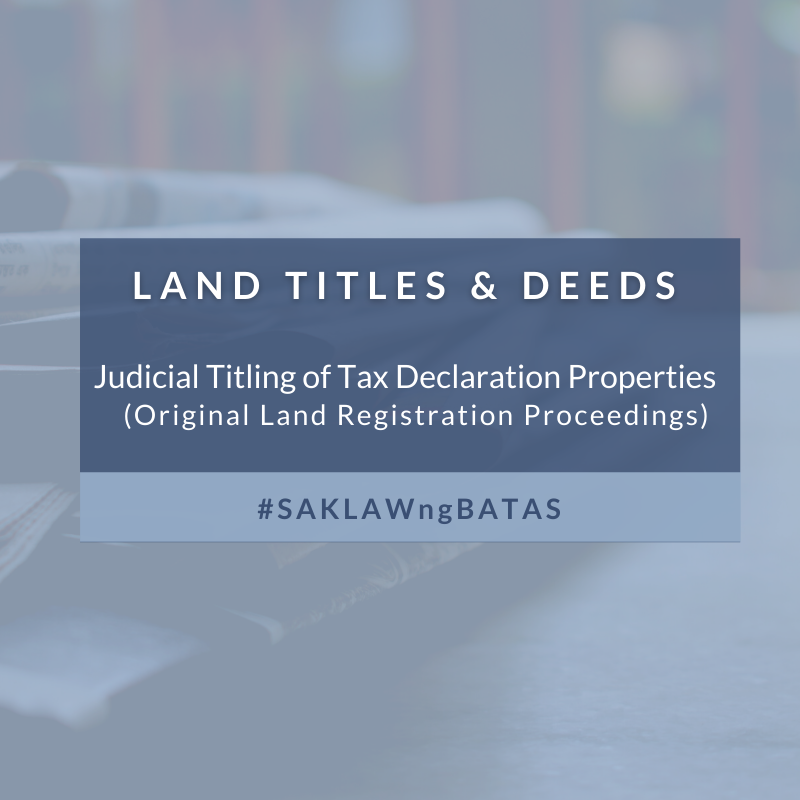
A. Who May Apply
The following persons may file an application for registration of title to land, whether personally or through their duly authorized representatives:
(1) Those who by themselves or through their predecessors-in-interest have been in open, continuous, exclusive and notorious possession and occupation of alienable and disposable lands of the public domain under a bona fide claim of ownership since June 12, 1945, or earlier.
(2) Those who have acquired ownership of private lands by prescription under the provisions of existing laws.
(3) Those who have acquired ownership of private lands or abandoned river beds by right of accession or accretion under the existing laws.
(4) Those who have acquired ownership of land in any other manner provided for by law.
Where the land is owned in common, all the co-owners shall file the application jointly.
Where the land has been sold under pacto de retro, the vendor a retro may file an application for the original registration of the land, provided, however, that should the period for redemption expire during the pendency of the registration proceedings and ownership to the property consolidated in the vendee a retro, the latter shall be substituted for the applicant and may continue the proceedings.
A trustee on behalf of his principal may apply for original registration of any land held in trust by him, unless prohibited by the instrument creating the trust.
B. Form and Contents
The application for land registration shall be in writing, signed by the applicant or the person duly authorized in his behalf, and sworn to before any officer authorized to administer oaths for the province or city where the application was actually signed. If there is more than one applicant, the application shall be signed and sworn to by and in behalf of each. The application shall contain a description of the land and shall state the citizenship and civil status of the applicant, whether single or married, and, if married, the name of the wife or husband, and, if the marriage has been legally dissolved, when and how the marriage relation terminated. It shall also state the full names and addresses of all occupants of the land and those of the adjoining owners, if known, and, if not known, it shall state the extent of the search made to find them.
C. Supporting Documents
The application shall be supported by original muniments of titles or copies thereof and the following documents:
1. The original plan in tracing cloth duly approved by the Director of Lands/ Regional Lands Director/ Regional technical Director and Two (2) blue print copies duly certified by the aforementioned officers.
2. Three (3) copies of technical description that conforms with LRC Circular No. 365 which duly verified and certified by the Regional Technical Director or his authorized representative.
3. Three (3) copies of certificates from the surveyor or Geodetic Engineer or certificate of non-availability from the Regional Technical Director; and
4. Four (4) copies of the latest Tax Declaration or Assessment Certificate from the Assessor’s Office where the land is located.
The application shall contain the following information;
1. Description of the land
2. Civil Status of the applicant. If married, include the name of spouse. If separated (when, where and what court gives the order of separation). If the applicant is of minor age, state the age.
3. Complete name and address of the applicant, the present occupant of the land, owners of the adjacent lands if known, if not known, statement how shall they be located. If minor, complete name and address of legal guardian.
4. Citizenship of the applicant.
D. Outline of Steps
Below is a general outline of the steps in adoption proceedings. Please note that in some instances, these steps may not be followed.
1. Filing of Petition. The application for land registration shall be filed with the Regional Trial Court of the province or city where the land is situated. Cases involving land registration matters will be raffled only to designated land registration courts. This will take about a week.
2. Notice of Hearing. The court shall, within five days from filing of the application, issue an order setting the date and hour of the initial hearing.
The public shall be given notice of the initial hearing of the application for land registration by means of (1) publication; (2) mailing; and (3) posting.
3. Initial Hearing. The date and place of the initial hearing shall be set not earlier than forty-five days nor later than ninety days from the date of the notice.
4. Oppositions. Any person claiming an interest, whether named in the notice or not, may appear and file an opposition on or before the date of initial hearing, or within such further time as may be allowed by the court. The opposition shall state all the objections to the application and shall set forth the interest claimed by the party filing the same and apply for the remedy desired, and shall be signed and sworn to by him or by some other duly authorized person.
If the opposition or the adverse claim of any person covers only a portion of the lot and said portion is not properly delimited on the plan attached to the application, or in case of undivided co-ownership, conflicting claims of ownership or possession, or overlapping of boundaries, the court may require the parties to submit an approved subdivision plan .
5. No Oppositions. If no person appears and answers within the time allowed, the court shall, upon motion of the applicant, no reason to the contrary appearing, order a default to be recorded and require the applicant to present evidence. By the description in the notice “To all Whom It May Concern”, all the world are made parties defendant and shall be concluded by the default order.
Where an appearance has been entered and an answer filed, a default order shall be entered against persons who did not appear and answer.
6. Presentation of Evidence
7. Decree. All conflicting claims of ownership and interest in the land subject of the application shall be determined by the court. If the court, after considering the evidence and the reports of the Commissioner of Land Registration and the Director of Lands, finds that the applicant or the oppositor has sufficient title proper for registration, judgment shall be rendered confirming the title of the applicant, or the oppositor, to the land or portions thereof.
In a case where only a portion of the land subject of registration is contested, the court may render partial judgment provided that an approved subdivision plan showing the contested and uncontested portions was previously submitted.
The judgment rendered in a land registration proceedings becomes final upon the expiration of thirty days to be counted from the data of receipt of notice of the judgment. An appeal may be taken from the judgment of the court as in ordinary civil cases.
After judgment has become final and executory, the court shall issue an order for the issuance of the decree of registration and the corresponding certificate of title in favor of the person adjudged entitled to registration.
Original registration proceedings may be finished within 1 year to as long as 5 years depending on various factors such the availability of the court, complexities of the case, existence of oppositors, availability of witnesses and documentary evidence, and also the place where the petition will be filed.
All of the information on this website is provided as general information, not as legal advice, nor as a solicitation for legal services. The information is not provided in the course of an attorney-client relationship between Atty. Salma F. Angkaya-Kuhutan and anyone who views it. Viewers should not rely on the information contained in this website when making decisions regarding legal matters but should consult a qualified attorney for legal advice. You should not act based solely on the information found on this website and are strongly advised to seek the legal opinion of a lawyer.
You may contact the Attorney through the information provided on this website if you are interested in the legal representation, counseling, and related legal services that we provide. You may also learn more about our services relating to real estate transactions here.

